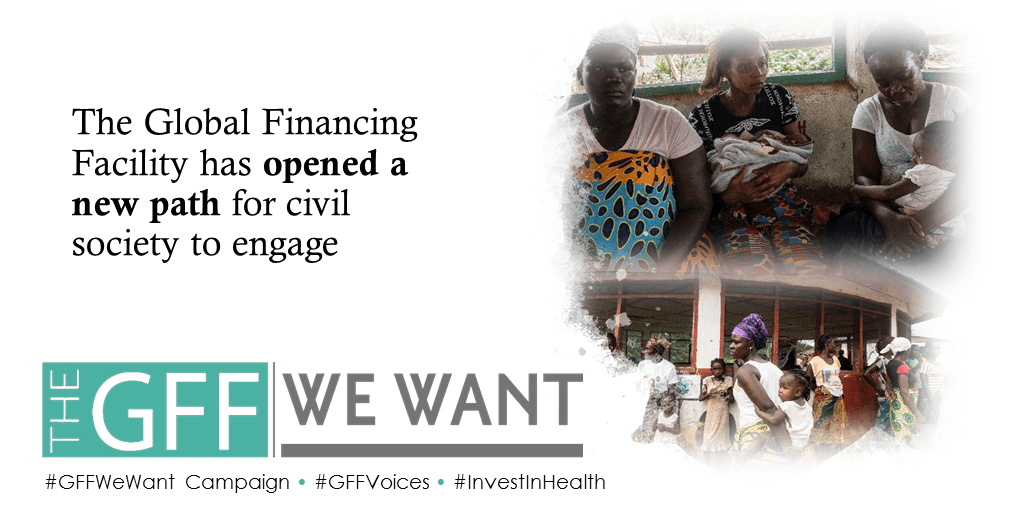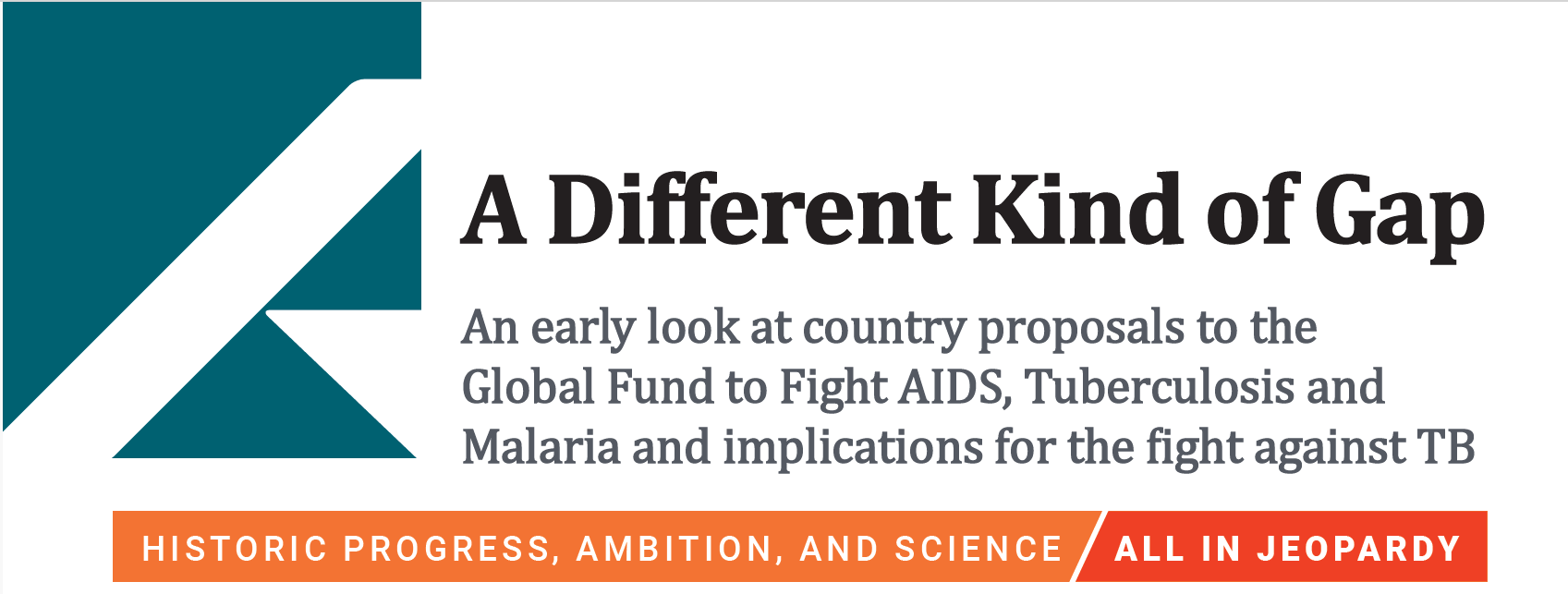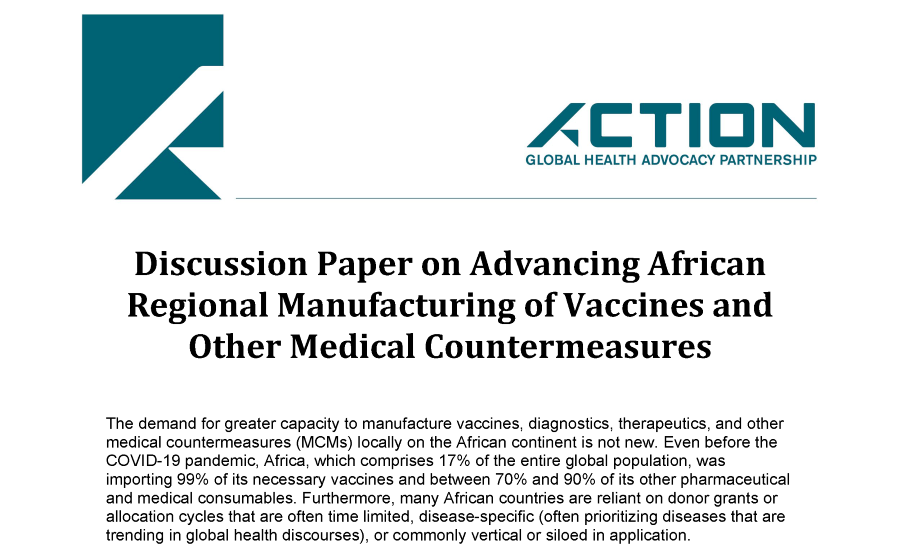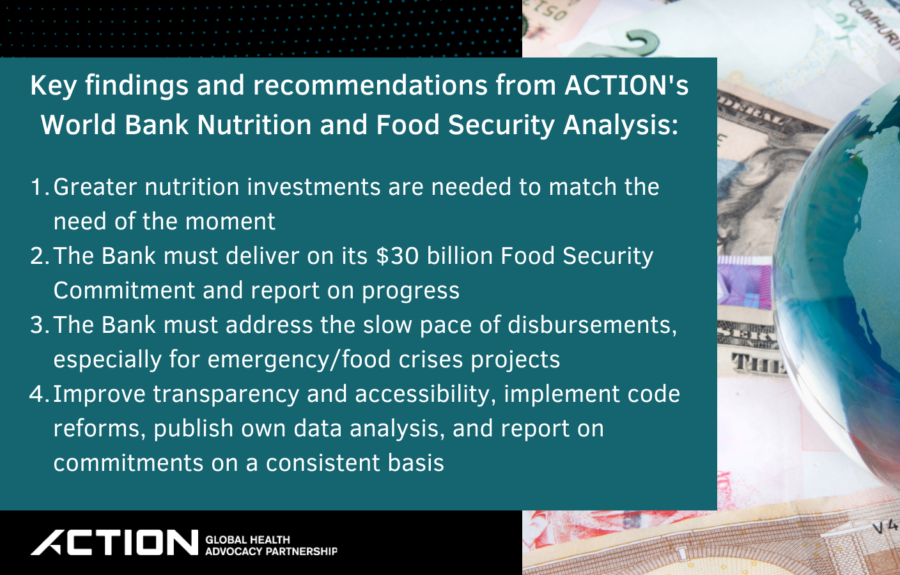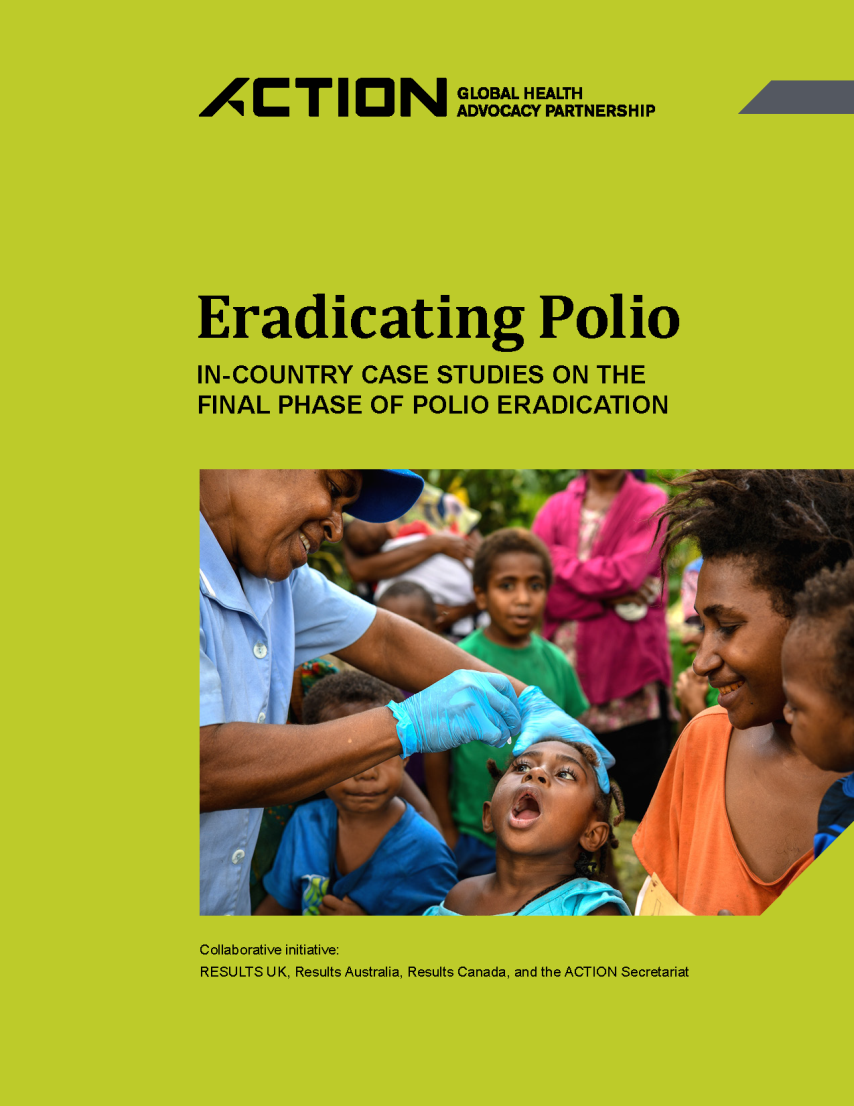On November 6, 2018, commitments to the Global Financing Facility (GFF) in support of Every Woman, Every Child (EWEC) totaled US$1.005 billion — a good start. The GFF presents an opportunity for governments to increase investments in the building blocks for healthy development and progress on reproductive, maternal, newborn, child, and adolescent health and nutrition (RMNCAH-N) by directing domestic, World Bank, and donor resources to the highest-impact programs.
Days earlier on November 3–4, the Civil Society Coordinating Group for the GFF (CSCG) convened a two-day workshop in Oslo, Norway, bringing together civil society organizations (CSOs) working on the GFF at the global and country level in support of the replenishment. This workshop built upon three previous annual civil society workshops. The ACTION Secretariat, HDT, RESULTS (U.S.), and WACI Health participated in the workshop and presented on issues around resources mobilization, capturing best practices, and GFF accountability.
WACI Health led the GFF We Want Campaign, a prominent and repeated theme at the various events related to the GFF replenishment, which focused on capturing and elevating civil society’s voice and lessons learned. The campaign included a regional consultation and “GFF We Want” questionnaire and yielded valuable insights into what stakeholders consider the value-add of the GFF as well as how the facility can be most effective. These efforts will be expanded on in 2019 to ensure that the lessons learned in implementing countries are captured; CSOs will write a set of case studies in some of the front-runner countries to use in the upcoming scale-up of the GFF.
This gathering leveraged the opportunity to connect and align with the November 5 conference, Beating the Drum: Domestic Resource Use and Mobilization for Accelerating Progress Towards SDG3+. The conference featured global health players, such as government leaders, global health initiatives/funds, multilateral agencies, technical and development partners, policymakers, academics, civil society, and the private sector. They spoke about increasing public sector revenue for health as well as enhancing efficiency and equity.
The GFF replenishment event, co-hosted by the Governments of Norway and Burkina Faso, the World Bank, and the Bill & Melinda Gates Foundation, garnered $1 billion to the GFF Trust Fund — half of the proposed funds needed to reach the $2 billion target in total in new support over the 2018–2023 period. These resources will help the GFF expand to 25 to 50 countries by bringing together, in support of the GFF, country leaders, CSOs, and the private sector as well as technical and financial partners committed to health and nutrition, particularly for women, children, and adolescents, who have been left furthest behind.
ACTION partners were engaged in efforts to support the GFF replenishment, and Joanne Carter, executive director of RESULTS Educational Fund, spoke on a panel that discussed the importance of partnerships and how we can increase accountability. Carter highlighted the CS Communique on the GFF and emphasized the key role that civil society plays in implementing the GFF in-country and in ensuring that the guiding principles are a priority.

